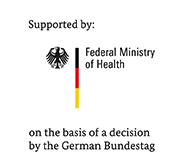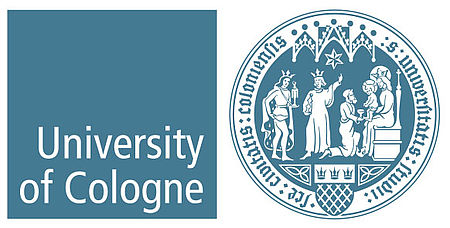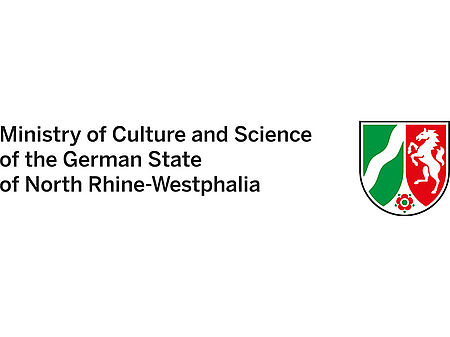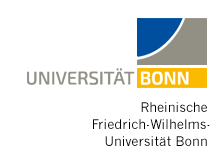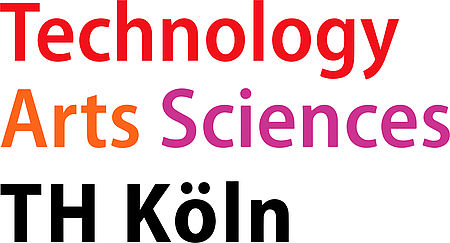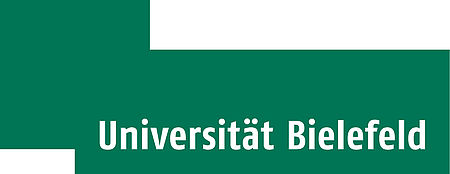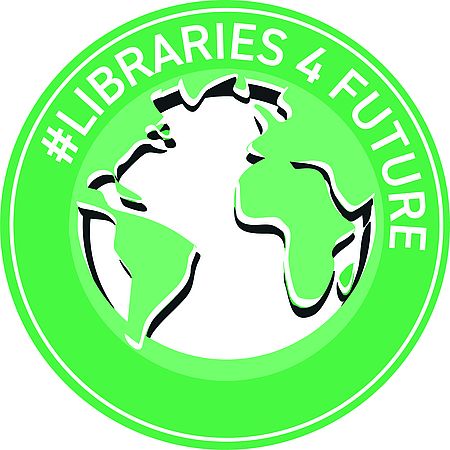A celebration of science at the ZB MED
Cologne, 2 April 2014 – On Tuesday, 1 April 2014, five up-and-coming scientists demonstrated what a passion for research really means at the ZB MED – Leibniz Information Centre for Life Sciences. Lydia Möcklinghoff, Thomas Lindemann, Dennis Fink, Jens H. Hellmann and Johannes von Borstel captivated the audience with their research results at the second Science Slam to be held at the ZB MED. The 250 people who attended the sold-out event applauded as Johannes Hinrich von Borstel was voted the winner of the Science Slam for his presentation on arteriosclerosis. The evening was hosted by actor and anchorman Andreas L. Maier.
The five up-and-coming experts in their fields competed against each other at the event on 1 April 2014 to fight for the most votes in the second ZB MED Science Slam and take home the prize of an e-book reader. First up was Thomas Lindemann from Cologne who specialises in capacity and requirements planning for fire services. He argued that the fire service would theoretically need to be at the site of a fire before it was even detected in order to fight the fire effectively! He therefore concluded his presentation with a plea for better fire prevention measures in homes. The next person to take the stage was the psychologist Jens Hinrich Hellmann who gave a presentation entitled "Do we need more space to think?" His conclusion was that having limited space can genuinely restrict people's ability to think. He argued that lecture halls and seminar rooms should therefore be made more spacious.
The third speaker was Lydia Möcklinghoff who presented her research on anteaters in Brazil. She entitled her talk "Pea-brain parallel universe research" – a reference to the fact that anteaters are animals with tiny brains. However, Möcklinghoff successfully demonstrated in her lecture that even these animals exhibit behaviours that have still never been properly researched, such as the way they scratch trees. After the interval Dennis Fink gave a talk offering "An up-close view of the deep ocean" in which he described how scientists locate so-called "black smokers" in the deep ocean - miniature volcanoes that emit superheated liquids which provide a living environment for various types of shellfish. Fink used a Bobby-Car to give a demonstration of how scientists control search robots deep under the water. The final presenter was molecular biologist Johannes von Borstel whose lecture on "The non-Christian way to (almost) eternal life - or how sex will save your life" revealed that regular sex can help prevent conditions such as arteriosclerosis.
All the presenters worked hard to demonstrate their creativity and entertain the audience. They each had just 10 minutes to convince the audience of their merits and – just like in a Poetry Slam – the public got to vote for their favourite "slammer" at the end of the event. In the end Johannes von Borstel won the most votes.
"After the Science Slam we held last year to celebrate the ZB MED's 40th anniversary, we were delighted to see so many people turn up to this year's event, too," says Ulrich Korwitz, Director of the ZB MED. "We hope the Science Slams will show people that science needn't be dry and dull and that it can also be exciting and entertaining. In this context the ZB MED makes a major contribution in the field of life sciences by providing such a comprehensive infrastructure for research activities," he adds. The ZB MED has been a foundation under public law since January 2014 when it changed its name to "ZB MED – Leibniz Information Centre for Life Sciences".


